In a Friday interview with The Verge, the former iPod guru said that Apple narrowed down the original design to three prototypes before introducing the handset in January 2007.
Fadell, who officially left Apple in 2008 but was kept on the payroll as a special advisor to the late Steve Jobs until 2010, worked on 18 versions of the iPod as well as the iPhone up to the 3GS before leaving to start "smart thermostat" company Nest.
He notes that when Apple was readying its first handset, the final three designs were an iPod-phone hybrid, an undisclosed version also called "iPhone" and the final model that reached customers' hands.
When asked about his personal opinion, Fadell said that he recognized the potential of a virtual keyboard and would have waited for the technology instead of going with a hardware option. Jobs, who had the final say over what was released, apparently sided with Fadell and pointed out the lack of physical keys as being inherent to the now iconic design.
Before the iPhone's monolithic construction and screen-dominated face hit the market, the general trend was skewed toward QWERTY keyboards. At the time, Research in Motion dominated the sector, implementing physical keyboards in all of its designs including the lauded BlackBerry Pearl.
The overarching resistive touchscreen technology used in early smartphones was a major drawback for virtual keyboards which were far from intuitive and in many applications required a stylus. The iPhone brought capacitive touchscreens to the consumer, which allowed Apple to create a device that was not only sleek, but more user-friendly than its smartphone contemporaries. In addition, the extra real estate allowed larger displays to be used, which opened the door to totally new areas of device functionality like video and complex games.
After the iPhone debuted, the overall market began to pick up on multitouch screen tech and slowly moved away from physical keyboards. Some users still prefer the tactile feedback that a hardware solution provides, but the configurability, ease-of-use and eye-pleasing design of the virtual keyboard has won a strong following.
 AppleInsider Staff
AppleInsider Staff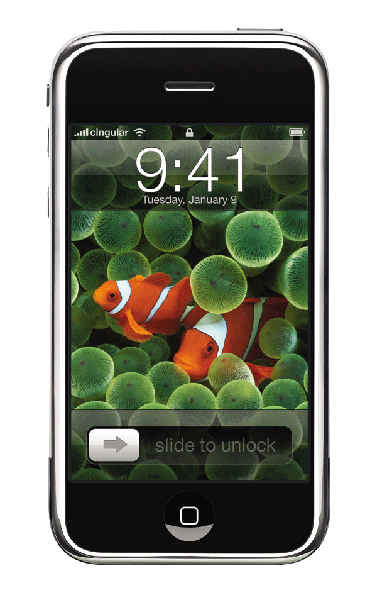




-xl-m.jpg)


-m.jpg)





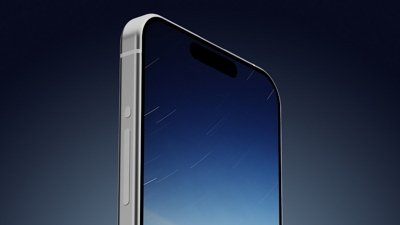
 William Gallagher
William Gallagher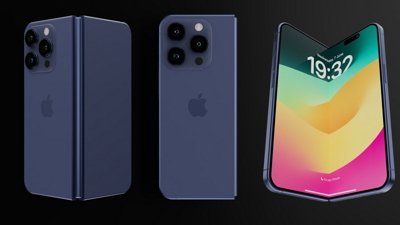
 Amber Neely
Amber Neely
 Andrew Orr
Andrew Orr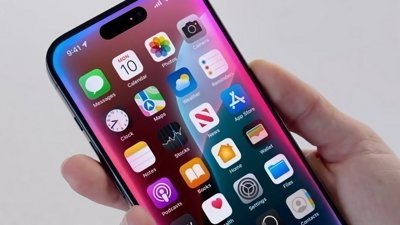



 Christine McKee
Christine McKee
 Chip Loder
Chip Loder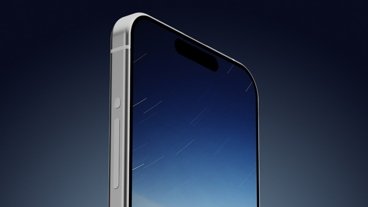







81 Comments
The world thanks them that this was simply a consideration.
The world thanks them that this was simply a consideration.
Very true... And of course now wait for the "Apple just copied this from others like they have stolen everything else..." crap to follow.
I think they made the best choice...
Very true... And of course now wait for the "Apple just copied this from others like they have stolen everything else..." crap to follow.
Apple didn't steal this. But it would also be wrong to say that Apple invented it. The credit Apple deserves is their bold decision to go with nothing but multitouch and to implement it as effectively as they did. Many people/companies foresaw that the smartphone was going to be more than a messaging device, but Apple saw that day arriving earlier than others did. Because of this, the keyboard, despite being superior for text input, was no longer indispensable.
[quote name="mrstep" url="/t/149686/apple-considered-physical-keyboard-for-first-iphone#post_2102351"]
The world thanks them that this was simply a consideration.
Very true... And of course now wait for the "Apple just copied this from others like they have stolen everything else..." crap to follow.
[/quote]No LG Prada reference yet? Just curious, were there any multi-touch handsets before the iPhone?